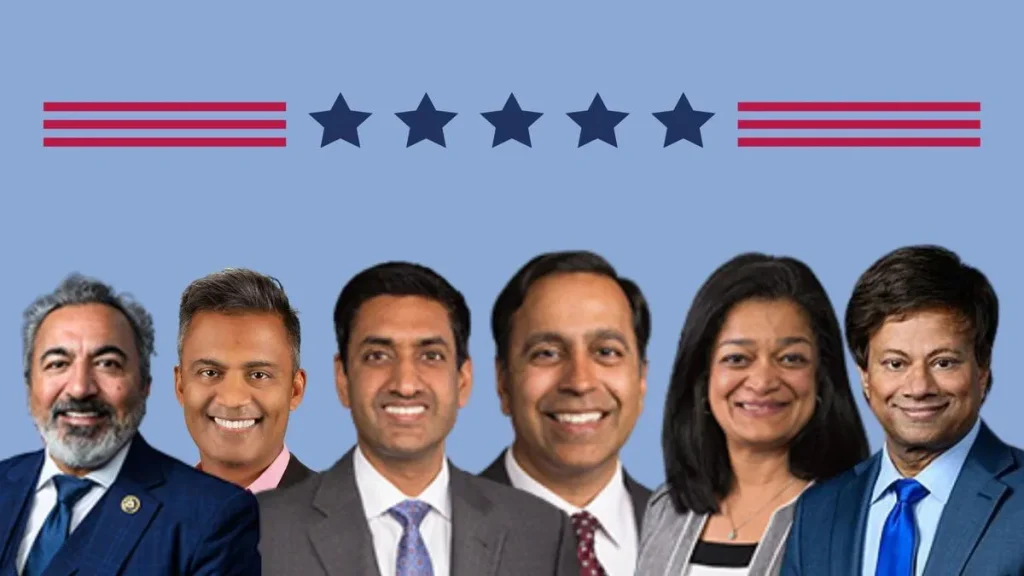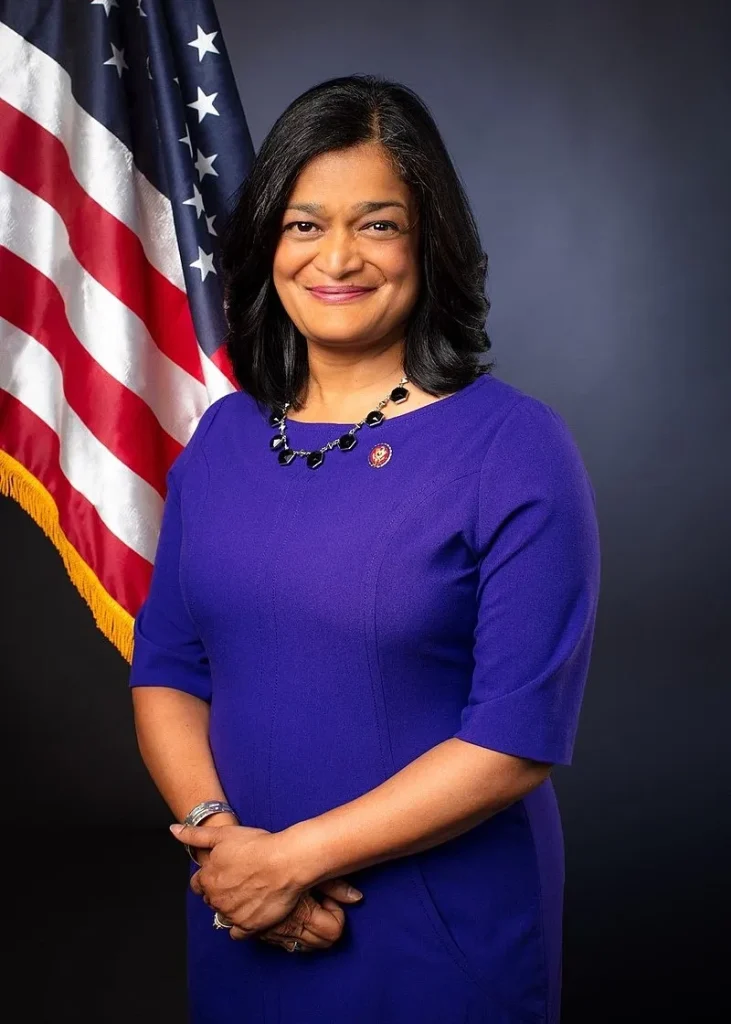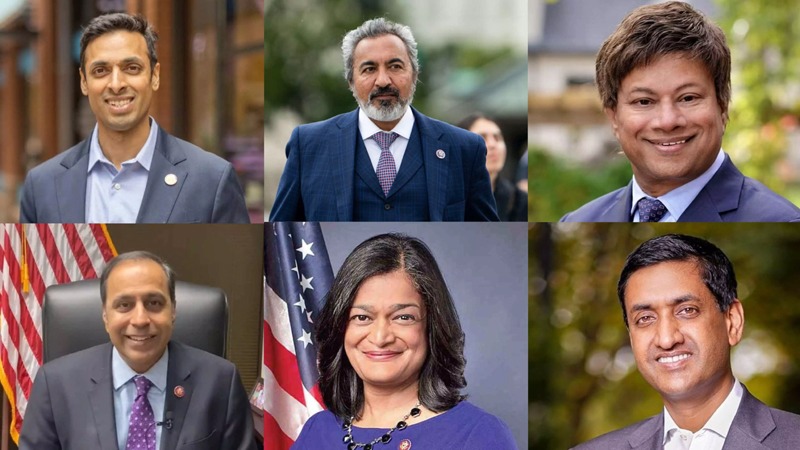Six Indian Americans have emerged victorious in the latest U.S. House of Representatives elections, increasing their representation from five to six in Congress. Among the notable wins is Suhas Subramanyam, who made history as the first Indian-American to be elected from Virginia and the entire East Coast.

Suhas Subramanyam’s Historic Victory
In Virginia, Subramanyam, a lawyer and Virginia State Senator, defeated Republican Mike Clancy. Subramanyam expressed his gratitude, stating, “I am honoured and humbled that the people of Virginia’s 10th District put their trust in me to take on the toughest fights and deliver results in Congress.” He emphasized the personal significance of the victory, noting that he and his family are deeply connected to the community. Subramanyam previously served as a White House Advisor during President Barack Obama’s tenure and is well known in the Indian-American community.
The Rise of the ‘Samosa Caucus’
Subramanyam joins the ‘Samosa Caucus,’ a group of Indian-American representatives in Congress, which now includes five members: Ami Bera, Raja Krishnamoorthi, Ro Khanna, Pramila Jayapal, and Shri Thanedar. All five incumbents were re-elected, further cementing the Indian-American presence in Congress.

Re-election Successes
Shri Thanedar was re-elected to the 13th Congressional District of Michigan for the second consecutive term. Raja Krishnamoorthi secured his fifth term representing Illinois’ 7th District, while Ro Khanna and Pramila Jayapal were re-elected from California’s 17th District and Washington’s 7th District, respectively.
Dr. Ami Bera’s Continued Leadership
Dr. Ami Bera, a physician, remains the senior-most Indian American Congressman, representing California’s 6th District since 2013. He was re-elected for his seventh consecutive term, continuing his impactful presence in the House.

Amish Shah’s Close Race in Arizona
In Arizona, Amish Shah is ahead of his Republican opponent, David Schweikert, in the First Congressional District. With 63% of the votes counted, Shah leads with 132,712 votes compared to Schweikert’s 128,606, showing a tight race that could further expand Indian-American representation in Congress.
These victories reflect the growing influence of the Indian-American community in U.S. politics and the ongoing momentum for more diverse representation in Washington, D.C.
